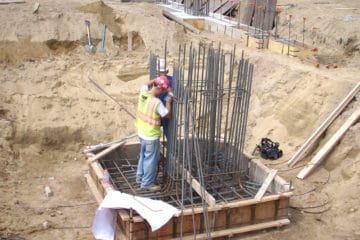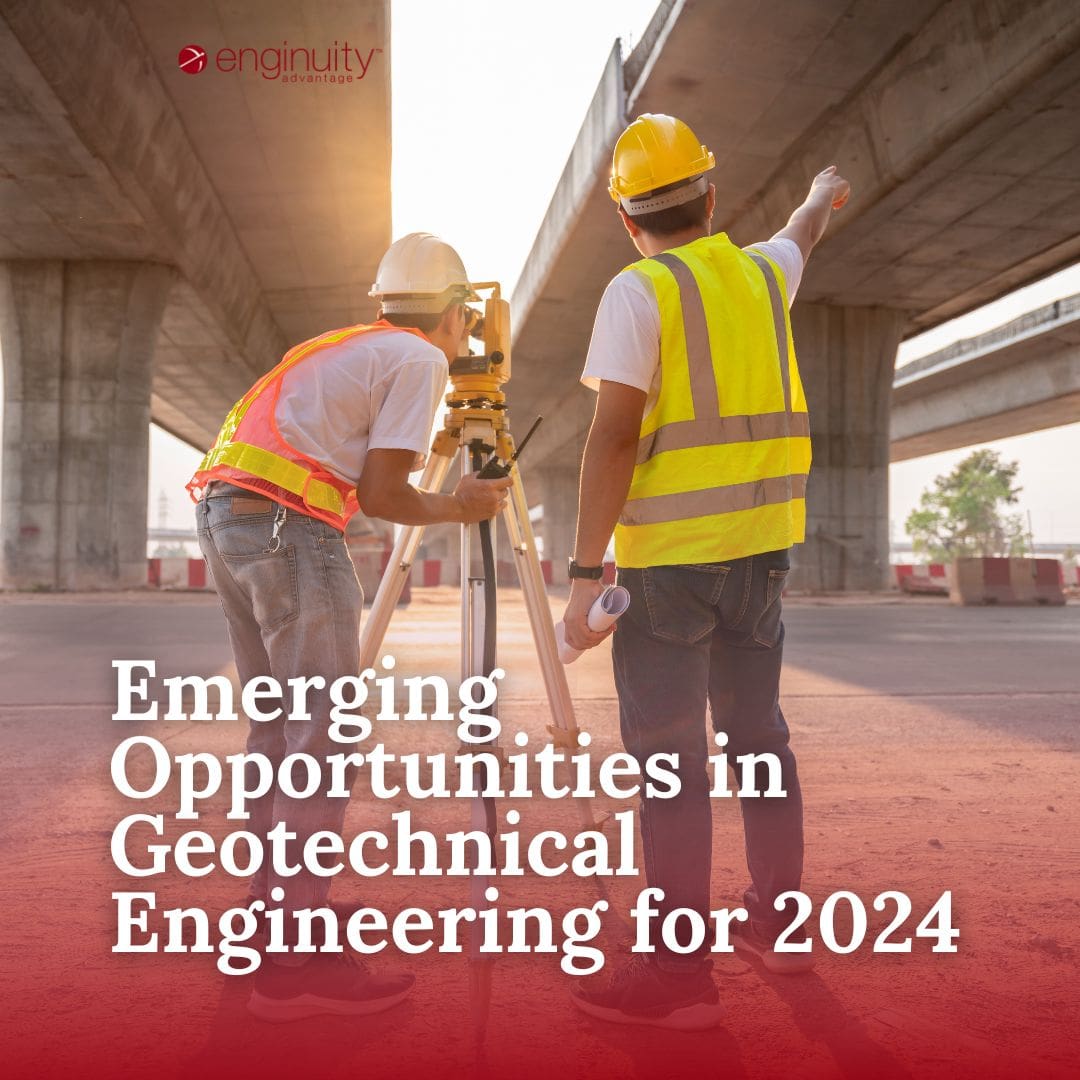The Interdisciplinary Approaches in the Geotechnical Market: Connecting the Void In Between Engineering, Geology, and Environmental Scientific Research for Optimum Task Outcomes
The combination of design, geology, and ecological science within the geotechnical market is not merely beneficial; it is imperative for attaining optimal project results. This interdisciplinary partnership fosters a detailed understanding of complicated site problems, allowing for ingenious services to arise. By taking a look at key functions and effective situation researches, we can uncover the vibrant interplay that drives project success. Nevertheless, obstacles stay in efficiently taking care of these multidisciplinary initiatives, questioning concerning prospective developments and future patterns. What strategies might emerge to promote this essential cooperation and enhance the efficacy of geotechnical techniques?
Importance of Interdisciplinary Collaboration
The significance of interdisciplinary collaboration in the geotechnical market can not be overemphasized. Effective geotechnical tasks need the assimilation of diverse knowledge from various areas, consisting of design, geology, and environmental science. This cooperation ensures that all facets of a project are taken into consideration, causing thorough options that attend to complicated difficulties.
Interdisciplinary collaboration promotes development by allowing specialists to share understandings and methodologies that might not appear when functioning in seclusion (geotechnical engineers). By leveraging the toughness of multiple self-controls, teams can identify prospective dangers, enhance layout procedures, and enhance the sustainability of geotechnical projects. In addition, such partnership advertises a holistic understanding of site-specific problems, which is crucial for precise assessment and decision-making.
The intricacy of geotechnical jobs necessitates a worked with technique to analytical. Ultimately, interdisciplinary cooperation is crucial for progressing finest methods and accomplishing quality in the geotechnical sector.
Key Functions of Each Discipline
Cooperation amongst numerous techniques is not just useful; it is important for the successful implementation of geotechnical projects. Each discipline-- engineering, geology, and environmental scientific research-- plays an unique yet interconnected function that adds to forecast effectiveness and sustainability.
Geotechnical engineers are primarily in charge of developing foundations and ensuring structural integrity. They assess dirt and rock residential or commercial properties to examine load-bearing capabilities, giving necessary information for safe building and construction practices. Their expertise enables the formula of ingenious remedies to complicated obstacles.

Environmental researchers examine the possible effects of construction on ecological communities and water resources. They carry out environmental analyses and create reduction strategies to reduce adverse results. By integrating eco-friendly considerations, they ensure conformity with laws and advertise sustainability throughout the project lifecycle.
Instance Researches of Successful Combination
Effective integration of geotechnical techniques can be exemplified via different instance studies that highlight the effectiveness of team effort in attending to complex design obstacles. One significant instance is the building and construction of the Hong Kong-- Zhuhai-- Macau Bridge, where a collaborative technique entailing geotechnical engineering, geology, and ecological science was critical. navigate here Engineers and rock hounds operated in unison to assess the seabed problems and maximize the structure design, ensuring security and lessening environmental effect.
Another impactful case is the renovation of slope stability in the San Francisco Bay Area, where an interdisciplinary team integrated geotechnical analysis with ecological assessments. By incorporating geological studies and hydrological studies, the group efficiently identified prospective landslide risks and implemented reliable reduction measures, improving security and sustainability.
Moreover, the redevelopment of Brownfield websites often calls for a multidisciplinary method. In one situation in Chicago, partnership amongst geotechnical engineers, ecological researchers, and urban organizers led to the effective remediation of infected dirt, enabling the safe makeover of the site right into a neighborhood park. These case researches illustrate that interdisciplinary partnership not just addresses technological challenges yet additionally cultivates ingenious solutions that profit both communities and projects.
Obstacles in Multidisciplinary Projects

Additionally, collaborating routines and workflows among numerous groups can be problematic, specifically when each discipline has special job landmarks and deliverables. This imbalance can result in hold-ups and raised costs. The difficulty of resource allotment likewise impends large; making certain that customized experience is available at crucial points calls for Visit This Link mindful preparation and insight.
Last but useful reference not least, governing conformity postures one more significant obstacle. Each self-control may deal with various regulative structures, and straightening these requirements to fulfill task objectives can be taxing and complex. Dealing with these obstacles demands strong management and reliable interaction techniques to cultivate collaboration and make certain that multidisciplinary teams work cohesively towards shared objectives.
Future Trends in Geotechnical Practices
As the geotechnical market evolves, arising fads are improving practices to address the challenges faced in multidisciplinary jobs - geotechnical engineers. One considerable trend is the raised assimilation of sophisticated innovations, such as fabricated knowledge and maker discovering, into geotechnical evaluation and style. These innovations boost anticipating modeling and threat evaluation, allowing designers to make even more informed decisions throughout the project lifecycle

Moreover, the adoption of electronic doubles and real-time tracking systems is ending up being much more widespread. These devices facilitate recurring analysis of dirt problems and architectural efficiency, permitting prompt treatments when issues emerge.
Verdict
In conclusion, the integration of engineering, geology, and ecological science is important for attaining ideal results in the geotechnical industry. Successful situation studies highlight the advantages of this approach, while acknowledging the difficulties encountered in multidisciplinary tasks.
The assimilation of design, geology, and environmental scientific research within the geotechnical market is not just advantageous; it is imperative for attaining optimal project outcomes. Effective geotechnical projects require the assimilation of varied know-how from various fields, including engineering, geology, and ecological science.Navigating the intricacies of multidisciplinary projects in the geotechnical sector offers numerous substantial difficulties.As the geotechnical market develops, emerging trends are improving techniques to resolve the difficulties dealt with in multidisciplinary projects. Geotechnical engineers are increasingly collaborating with ecological researchers to ensure that jobs line up with sustainability objectives and conform with regulatory demands.